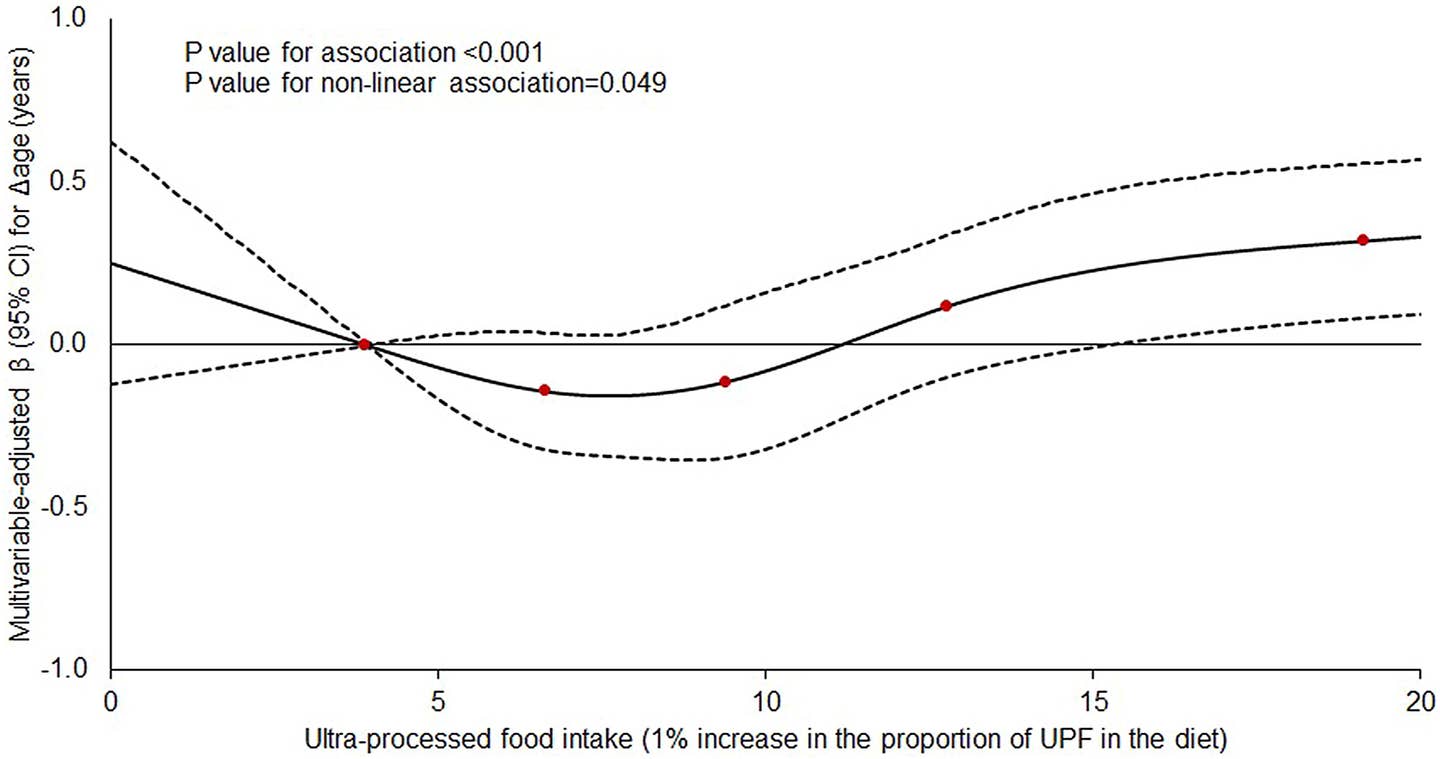The world’s aging population is reshaping healthcare and research priorities, emphasizing the need to explore aging’s origins and mechanisms. While chronological age marks the passage of time, it doesn’t fully reflect health status. Biological age, which measures functional decline and physiological health, offers a more accurate gauge of aging.
Researchers have pinpointed various factors influencing biological aging, including inflammation, metabolism, and organ function. These insights pave the way for potential anti-aging interventions.
Biological age varies even among individuals of the same chronological age, affecting susceptibility to diseases and mortality. Surprisingly, genetics account for only a small portion of this variability. Lifestyle and environmental factors, such as diet, play a much larger role.
Diets like the Mediterranean and DASH diets, known for their anti-inflammatory properties, have been linked to healthier aging markers, including longer telomeres and improved DNA methylation. Conversely, diets rich in processed foods and added sugars accelerate aging.

Beyond Nutritional Value: The Role of Food Processing
In recent years, researchers have challenged the traditional focus on a food’s nutrient content, turning attention to how food processing affects health. The Nova classification system highlights the health risks associated with ultra-processed foods (UPFs).
These industrial products are engineered for palatability using calorie-dense ingredients and additives, often at the expense of nutritional quality. UPFs are high in sugars, salt, and unhealthy fats, but their health impact extends beyond poor nutrition.
Related Stories
Studies suggest a strong link between UPF consumption and biological aging. In elderly Spanish populations, high UPF intake was associated with shorter telomere length—a biological aging indicator. Similarly, other studies found that UPFs negatively affect cognitive performance and increase the risk of frailty, both markers of unhealthy aging.
Groundbreaking Findings from the Moli-sani Study
A pivotal study by the Research Unit of Epidemiology and Prevention at the IRCCS Neuromed in Italy, in collaboration with LUM University, sheds new light on this issue.
Published in The American Journal of Clinical Nutrition, the study analyzed over 22,000 participants from the Moli-sani Study, one of Europe’s largest population cohorts. Using over 30 blood biomarkers, researchers assessed participants’ biological age, which reflects the body’s true health condition.

Through detailed food frequency questionnaires, participants’ UPF consumption was measured. These foods include products not typically made with kitchen staples—such as hydrogenated fats, maltodextrins, and hydrolyzed proteins—and are laden with additives like preservatives, flavor enhancers, and sweeteners.
Surprisingly, even seemingly harmless items like mass-produced bread, fruit yogurt, and breakfast cereals fall under the UPF category.
The results were striking. High UPF consumption was linked to significantly accelerated biological aging, with participants biologically older than their chronological age. “Our data show that high consumption of ultra-processed foods not only harms health but could also accelerate aging itself,” explains Simona Esposito, the study’s lead author.
Mechanisms of Harm: Beyond Nutritional Deficiency
Although UPFs are nutritionally inadequate, their risks extend beyond missing nutrients. Marialaura Bonaccio, a nutritional epidemiologist involved in the study, notes that intense industrial processing alters the food matrix, compromising fiber and nutrient content.
These changes affect crucial physiological functions, such as glucose metabolism and gut microbiota composition. Additionally, UPF packaging often contains harmful substances, further endangering health.
The study’s findings call for a reassessment of dietary guidelines. “Some nutrient-dense packaged foods are still classified as ultra-processed,” says Licia Iacoviello, director of the Research Unit. “This underscores the need for dietary recommendations that consider food processing levels, guiding people towards healthier choices.”
Implications for Public Health
The connection between UPFs and accelerated aging emphasizes the need for public awareness. While cutting calories or focusing on macronutrient balance is important, understanding the health risks of food processing offers a broader perspective. Reducing UPF intake could help slow biological aging, enhancing life quality and reducing age-related disease risks.
In a rapidly aging world, dietary shifts could play a vital role in promoting healthier aging. Public health initiatives must adapt, prioritizing not only nutritional content but also the degree of food processing. Such efforts could significantly improve health outcomes across all age groups.
